How you rebuild for the next race or races depends on many factors. What is the next race? what kind of a week are you coming off of? What are the condition of the birds in the loft? We call it a race team, though it is nothing more than a stable of individual race birds. In reality the only time our birds are really a team, is when we are flying for average speed or national awards that depend on a combination of performances from various pigeons.
The factors in consideration for each individual bird are as follows:
- Condition: Are they still recovering from a tough race? Are they still in condition with a good performance from the last race? Did they not compete last week but have been trained?
- Training/Rest: This could be considered a sub category under condition. Throughout the season you must balance the two for each pigeon.
- Health: Are they healthy? Never send an unhealthy bird to a race. It will not give you 100%. Only ship birds that are going to give you 100%
- Motivation: Regardless if you are flying natural, widowhood, dual widowhood or celibacy, you are using some motivations. Do you have those motivations in place?
- Nutrition: When you are rebuilding for the next race, you will be feeding again from light to heavy, and carbo loading for middle distance and long distance races.
Condition
It may only be Saturday or Sunday, but the next race week is quickly upon us. We start preparing for the next race starting now. If a bird just flew a middle or short distance race, it’s time to evaluate their condition. If the bird gave a good performance or was not really challenged, less than 6 hours on the wing, it’s a candidate for the next weeks race. If a bird was out for more than 6 hours on the wing, put it on the reserve list. If you rest it, train it and rebuild it, it will give you 100% the following week. A bird that was on your reserve list last week should have no excuse not to go the next week unless it’s a matter of health. You can’t control when birds have a bad or super though race. Everything else is within your control.
Training/Rest
If a bird came off of a long distance race or a super tough race, as stated earlier, put them on your reserve list and plan on holding them from next week’s race regardless of how well they bounce back. Give them a week of loft flying and then train them the following week for the week after’s race. You will reap huge rewards from the bird if they are of excellent quality. Don’t be tempted to fly them into the ground. Subscribe to the philosophy of maximizing their performance from their potential. Pre race training is encouraged but sometimes not possible due to weather. It’s best to give lots of short tosses early in the week. The purpose is to get their “heads in the game”. If you are using a form of motivation, this helps reinforce the motivation. It also guarantees you they are exercising and not loft flying. If you want to save fuel and not drive down the road, this is an excellent time or flag flying. A well trained, well rested bird is going to give you 100%.
Health
Health is paramount. Ask any great flyer and they will all tell you their champions performed while in super health. If you have a sick bird, remove it from the racing loft and treat it separately. Keep an eye on the health of the birds and give them preventive medication during the race season. ALWAYS vaccinate the birds before the race season and afterwords. Keep a clean, dry, well ventilated loft, and health should not been an issue. If your birds are healthy, they are more likely to give you 100%.
Motivation
If you are using widowhood, dual widowhood or celibacy, keep on your system and the birds will do fine. If you are flying natural, all sorts of problems can come into play as you manage your team and your losses. Do not send a bird if you have lost their motivation. For example, you shipped a cock driving a hen and he was late and quarantined or lost, do not ship the hen. She has lost her motivation and you will a few days to get her strongly attached to a new mate. If your hen was on youngsters and the cock was lost or vice versa, it may seem tempting to move the youngsters to fosters, but once again you will have to get her reattached to another mate. Yes, the natural system has lots of challenges in regards to managing a team. Keep a record of your birds and the mating/nesting conditions they are in. You may very well find that shipping an excellent pigeon when you have lost their motivation is a waste of your time. It’s better to wait the extra week and send them to a race when they are super motivated.
Nutrition
I feed light to heavy. It’s the simplest way to explain how I feed. The way to feed throughout the week has already been explained under Racing Part 2 Preparing Before the Race. We are simply starting the cycle over again. We already have to be thinking of next week’s race so we can properly start the cycle
Conclusion
Just as you are clocking from this week’s race, you are already beginning next week’s race. This isn’t a sport for haphazardly team management. We put in place systems so we can manage a team and reach maximum performance from our potential. Starting immediately is the focus on health , training, form and everything else related to racing.
pigeon racing, racing pigeon, racing pigeons, race pigeon, race pigeons, racing homer, racing homers, pigeons racing, pigeon, pigeons, homing pigeons, homing pigeon, pigeons for sale, pigeon auction, pigeon forum, pigeon racing pigeon, pigeon racing pigeons

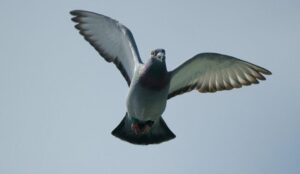
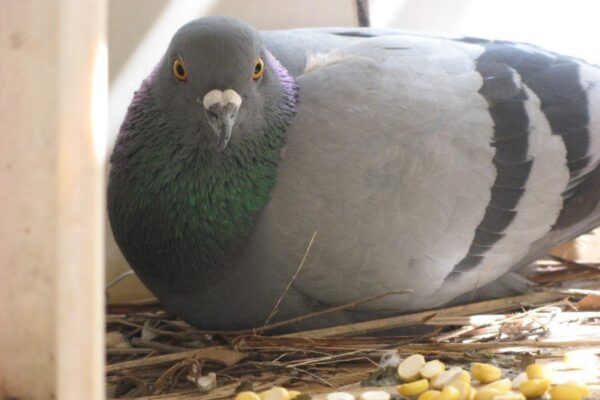
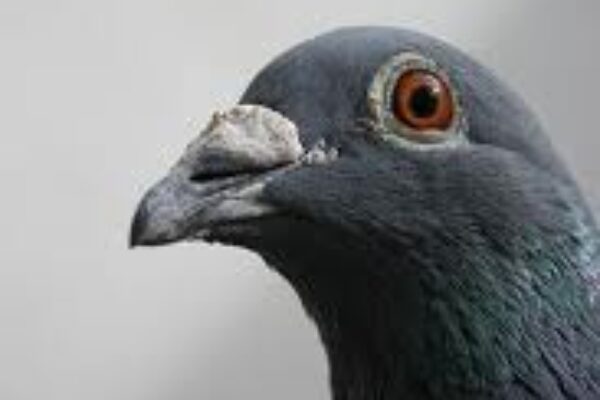
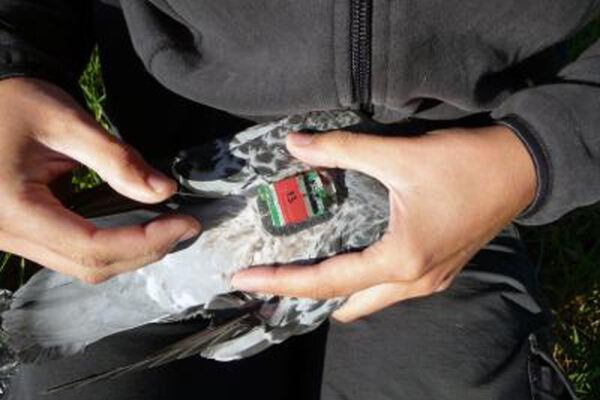

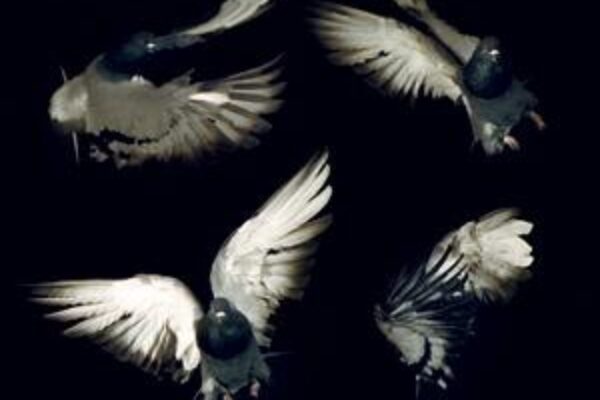

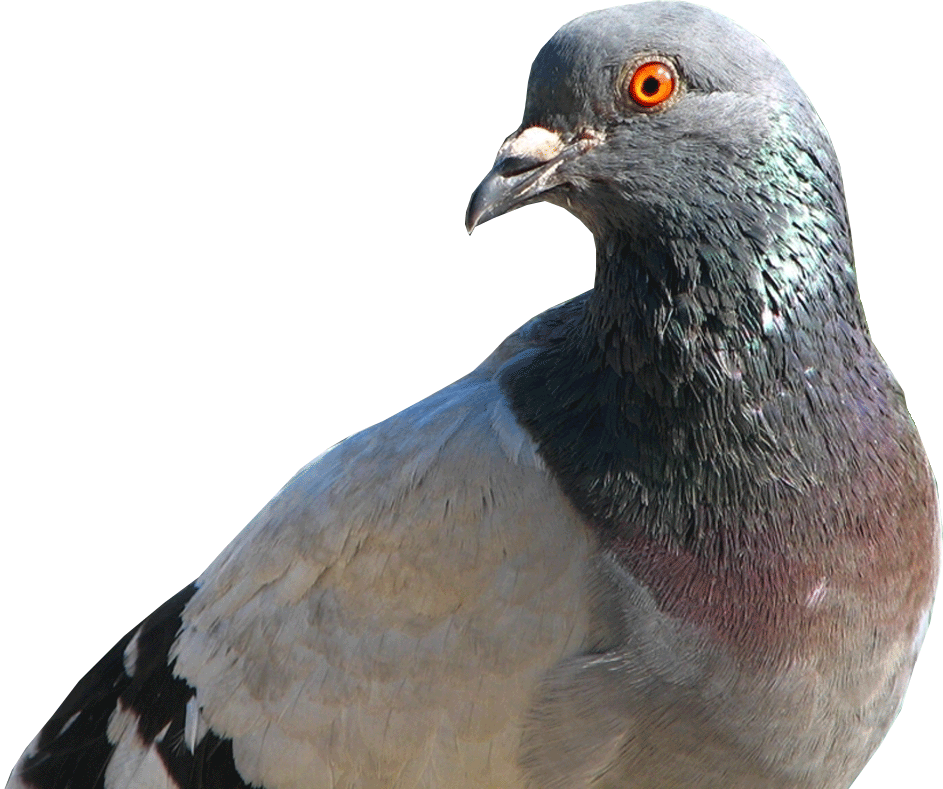
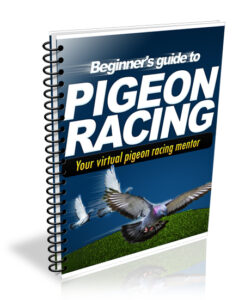
Thank you Sir Chris for this info!!!
Good information sir
hello Chris just want to know how i will recover my birds in 2 days from the training/race?thanks
Hi Chris very good information for old fliers its a reminder and young fliers its a good guide for
them to follow Brad.
Great to see some information out there.Thanks much as it allows this information to be shared online and may interest someone who could decide to get involved with the Racing Pigeons